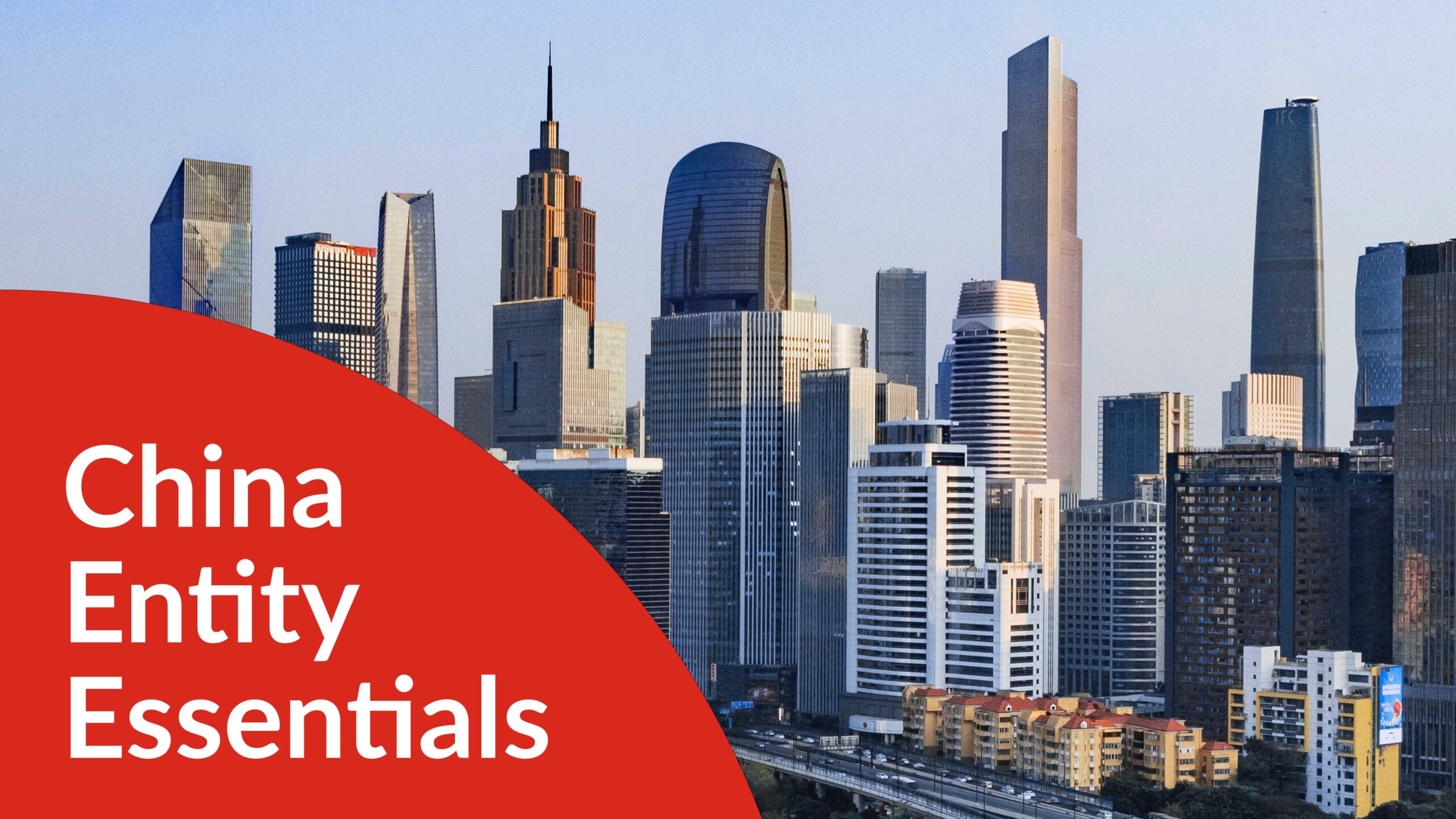The past few years have upended traditional thinking of global logistics and inventory management. The COVID-19 pandemic, the Suez Canal blockage, and the ongoing Red Sea crisis underscore the need for businesses to prepare for unexpected supply chain disruptions.
Managing these risks and maintaining accurate long-term forecasts has become a central point to business continuity, making the role of demand planners increasingly vital.
Why should you consider hiring a demand planner? How should they focus their expertise to maximize their effectiveness? And crucially, where should your demand planner be based to make the most significant impact?
What Does a Demand Planner Do?
Demand planners are responsible for managing risks in supply chains and efficiently allocating inventory, resources, and personnel. They identify potential disruptions, provide accurate long-term forecasting, and develop contingency plans. A competent demand planner should be able to coordinate supplier inputs and offer valuable management insights.
For instance, during disruptions like the Red Sea crisis, a demand planner might assess the need for additional suppliers, explore alternate shipping routes, and calculate the costs of expedited shipping via airfreight for critical goods to maintain production continuity.
Beyond the Obvious: The Role of Demand Planners
While container ship logistics and geopolitical tensions grab headlines, they’re only a small part of what a competent demand planner would be keeping track of.
This is because there are many less dramatic factors that can and will disrupt your supply chain. And the most common place this disruption happens is with your upstream supplier’s ability to fulfil orders, including:
- Minor production delays or equipment malfunctions.
- Shortage of raw materials or components.
- Staffing issues, such as an illness outbreak.
- Transportation delays, like minor logistic hold-ups.
- Administrative errors, such as miscommunication or paperwork issues.
- Small-scale local issues, such as regional power outages.
- Weather-related interruptions.
- Supplier’s own supply chain disruptions.
- Changes in regulatory requirements.
Most of these issues will not make international news, but they can still cause delays impacting your bottom line. The team at Kinyu has witnessed all of the above which is why we believe having someone who tracks these developments is invaluable.
The Advantages of Hiring an Upstream Demand Planner
We recommend hiring a demand planner who is geographically close to your upstream suppliers. For businesses with a network of suppliers in China, hiring a local professional who can directly interact with them is beneficial. This approach offers several advantages:
- On-the-Ground Presence: Having a demand planner in China means they’re physically closer to your suppliers. This means they can perform on-site visits and audits to assess production capabilities firsthand, leading to a more informed picture of potential disruptions. The planner can also talk to the local offices of global logistics firms about documentation requirements and shipping routes.
- Understanding Component Sourcing and Timings: A local demand planner is more attuned to the nuances of sourcing components within China, including understanding local market trends and lead times.
- Early Warning from Suppliers: A demand planner based in China can build good relationships with suppliers, encouraging them to report potential delays or issues earlier. This early warning system allows quicker responses to supply chain disruptions, such as finding alternative suppliers or adjusting production schedules.
The China Desk
So, how can you hire a demand planner in China? Well, hiring in China is easier said than done. Establishing a local entity will be necessary if you opt to go it alone. We have a step-by-step guide on how to do that here. Alternatively, using an HR firm to recruit on your behalf is an option, though they often lack an understanding of supply chains and ongoing management capacity.
This is why we created The China Desk – a supply-chain-focused service that simplifies the hiring and management process in China. This allows companies to hire a demand planner in China without the need to establish a local entity while also ensuring they’re managed on the ground by a company focused on supply chain expertise.
We offer two options:
- Our Comprehensive Model offers a dedicated planner, ideal for businesses with a significant presence in China needing focused risk mitigation.
- For smaller companies, our Streamline Model allocates a portion of our in-house demand planners’ time each week, ensuring all companies, regardless of size, can manage risks effectively when sourcing from China.
Check out our new salary calculator or download a case study to learn more about how The China Desk can put a demand planner on the ground for your business.



